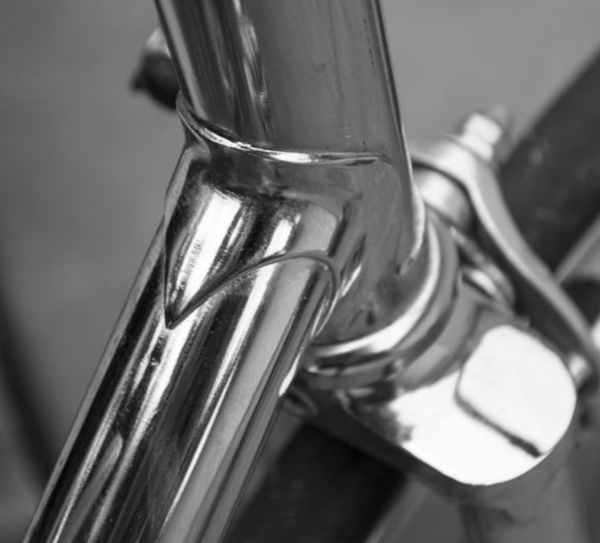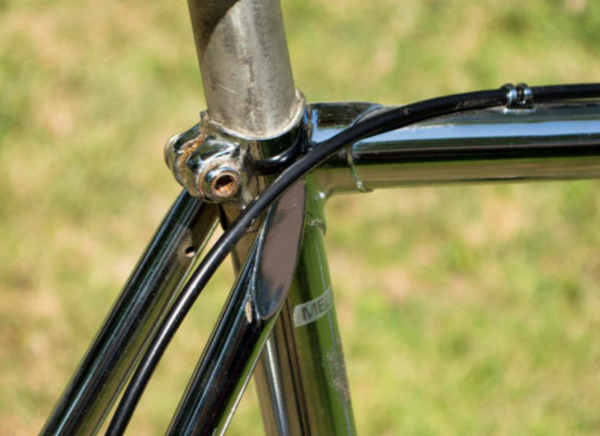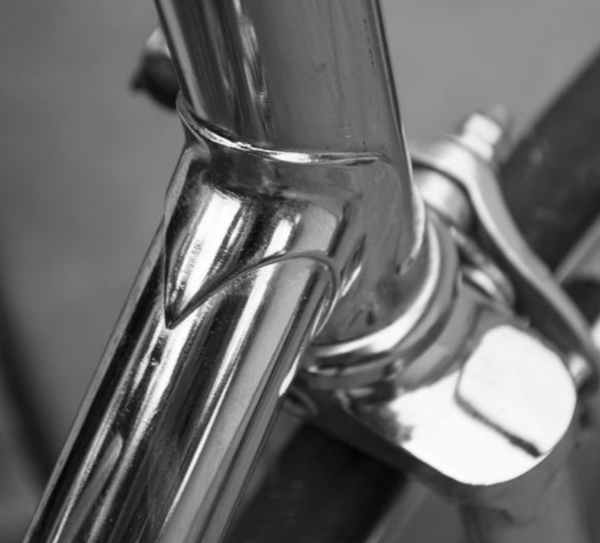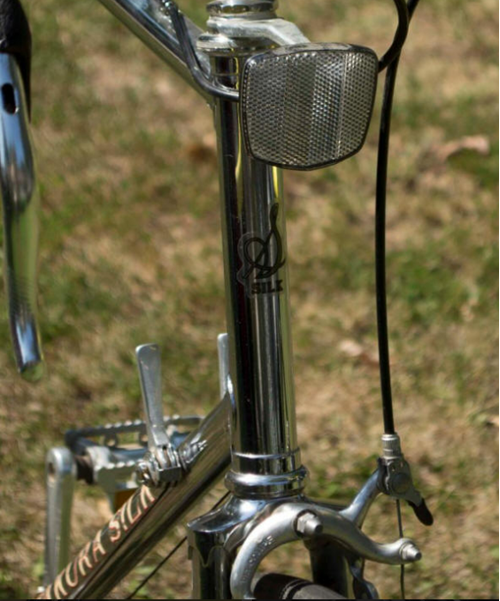The Katakura Silk Road Bike

The Katakura Silk Road Bike is this weeks “Japanese Bicycle of the Week”. is a gem in the cycling world. Its blend of elegance and performance has captivated many. Tadashi Arai, the genius behind it, played a huge role in its creation. His vision brought the Silk brand to life. This brand has a rich history in the Japanese bicycle industry and a stellar reputation. Let’s dive into the story of this iconic vintage road bike.
Bicycle of the Week”. is a gem in the cycling world. Its blend of elegance and performance has captivated many. Tadashi Arai, the genius behind it, played a huge role in its creation. His vision brought the Silk brand to life. This brand has a rich history in the Japanese bicycle industry and a stellar reputation. Let’s dive into the story of this iconic vintage road bike.

Tadashi Arai: The Visionary Behind Silk
Early Life and Passion for Cycling
Tadashi Arai was born in Saitama Prefecture. His love for cycling began early, back in junior high. He wasn’t just a hobbyist; he was devoted. By high school, he joined the bicycle racing club.
He didn’t just join; he excelled. He won the Kanto tournament and also placed in the Inter-High School Championship road race. His journey was just beginning.

The Katakura Silk Road Bike: A Closer Look
Historical Significance
The Katakura Silk Road Bike holds a special place in Japanese cycling history. In 1964, it was the choice for Japanese Olympic racing teams. Its name, “SILK,” has an interesting origin.

It came from a former silk manufacturing factory building. Importantly, this bike has always been more than just a mode of transport. It’s a piece of history in bike craftsmanship and bicycle legacy.

Design and Manufacturing
When it comes to design, the Katakura Silk Road Bike stands out. Its racing style is highly regarded by Keirin racers. But it’s not just about racing.
The bike was produced alongside custom French touring style bikes. Consequently, this versatility made it comparable to Raleigh bikes (England), known for its broad range of offerings. From professional racing bikes to children’s bikes, Silk covered it all.

Technological Innovations
By the Early 2000s, Incorporated Tig Welding and Threadless Forks
By the early 2000s, the Katakura Silk Road Bike had embraced modern advancements. Moreover, the use of tig welding added strength and precision. Threadless forks brought a sleek, contemporary look. As a result, these modern bike features ensured the bike stayed at the cutting edge of bike innovation.

Continued to Produce Classic Track and Touring Bikes
Despite these innovations, Silk remained true to its roots. For this reason, the company continued to produce classic track and touring bikes. This commitment to traditional bike making, combined with modern cycling technology, kept the brand timeless and appealing to bike enthusiasts.

Conclusion
In fact, the Katakura Silk Road Bike is more than just a bike. It’s a blend of history, elegance, and performance. Tadashi Arai’s visionary contributions brought this masterpiece to life. His work has left a lasting legacy in the cycling industry.
If you’re intrigued by this story, explore more on classicjapanesebicycles.com. Check out the stories of other iconic bikes, such as the TOEI 50th Anniversary Model and Fuji Team Pursuit Bike.
Discover the elegance and history of Japanese bicycles. Delve into the rich cycling culture and bike aesthetics that make these bikes stand out in bike performance and design evolution. Look out for our Bicycle of the week on X and Instagram.
 |
We earn from qualified Amazon purchases with NO cost to you. ANY item that you need or were going to purchased anyway through any of our links, helps support this site. Thank you for your support!

